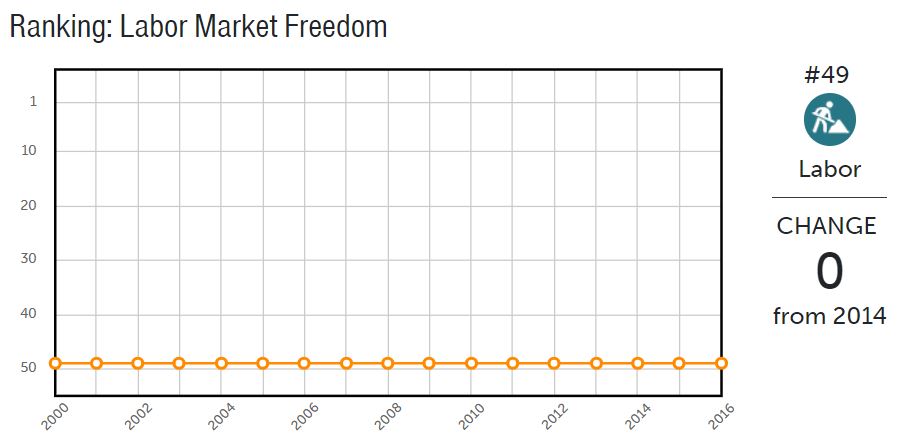“We’re Still Here” After the End of Net Neutrality
Remember that scene in the movie War Games when the military’s top brass (along with our teenage protagonists) are watching monitors that ostensibly show Russian nuclear missiles exploding in major cities across the United States and then some military personnel from around the country check in, proving that the monitors are wrong? “We’re still here!”
Well, that’s what comes to mind when Glenn Reynolds reminds us that “net neutrality” ended a year ago. “It’s as if all the Left’s existential crises are just made-up shams,” he writes, quoting Investor’s Business Daily as follows:
So-called experts predicted that removing this cumbersome Obama-era regulatory scheme — which granted the FCC virtually unchecked power over internet providers — would lead to the demise of the internet.
Repealing “net neutrality” regulations “would be the final pillow in (the internet’s) face,” said The New York Times. The ACLU said it “risks erosion of the biggest free-speech platform the world has ever known.” CNET declared that “net neutrality repeal means your internet may never be the same.” CNN labeled repeal the “end of the internet as we know it.” …
A year later, none of the horror stories came true. In fact, average internet speeds climbed by roughly a third last year. The number of homes with access to fiber internet jumped 23% last year, according to the Fiber Broadband Association.
Keeping some perspective as these panics and maniacs work their way through our communities — whether at the national, state, or local levels — is a good practice.

